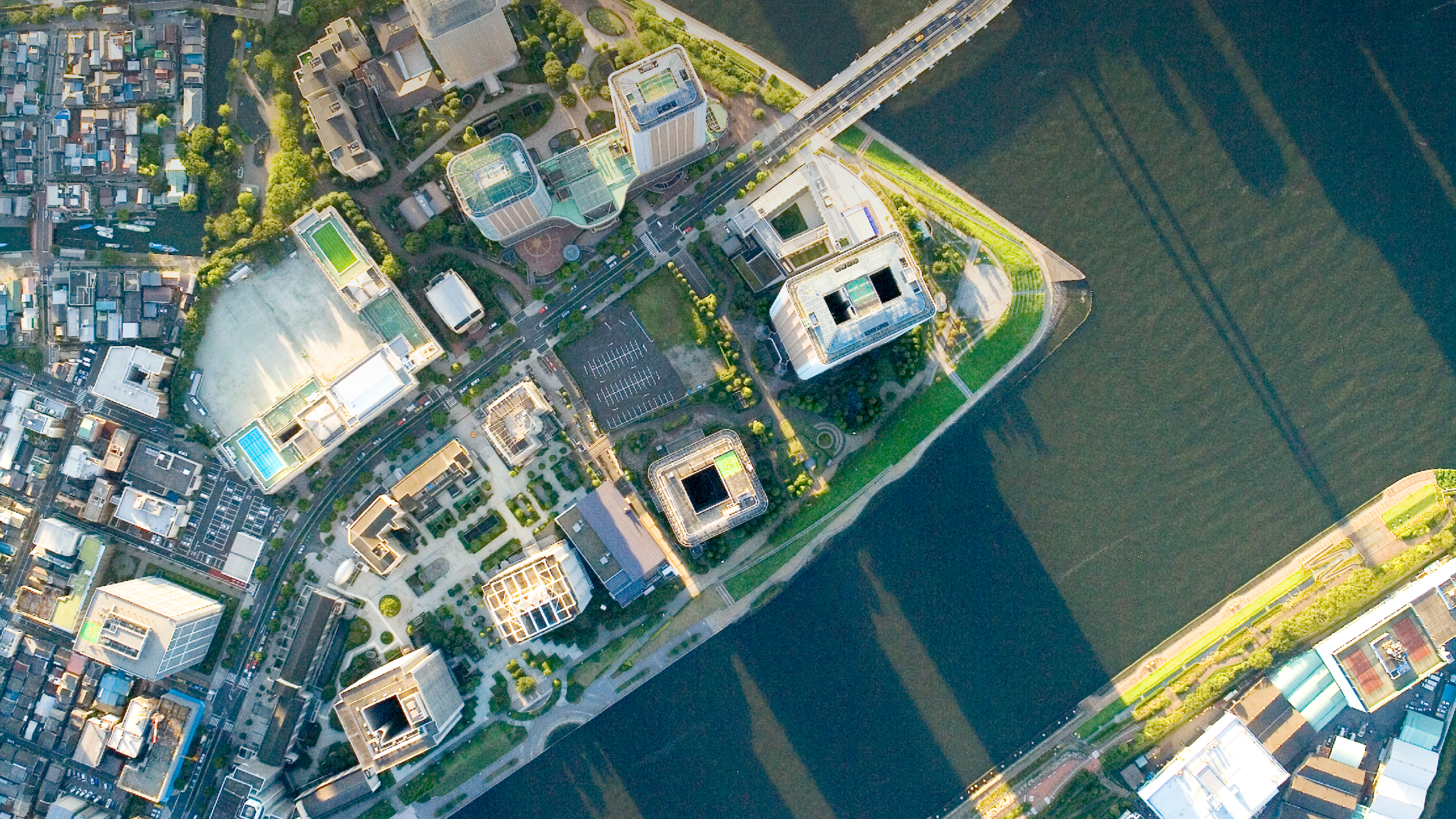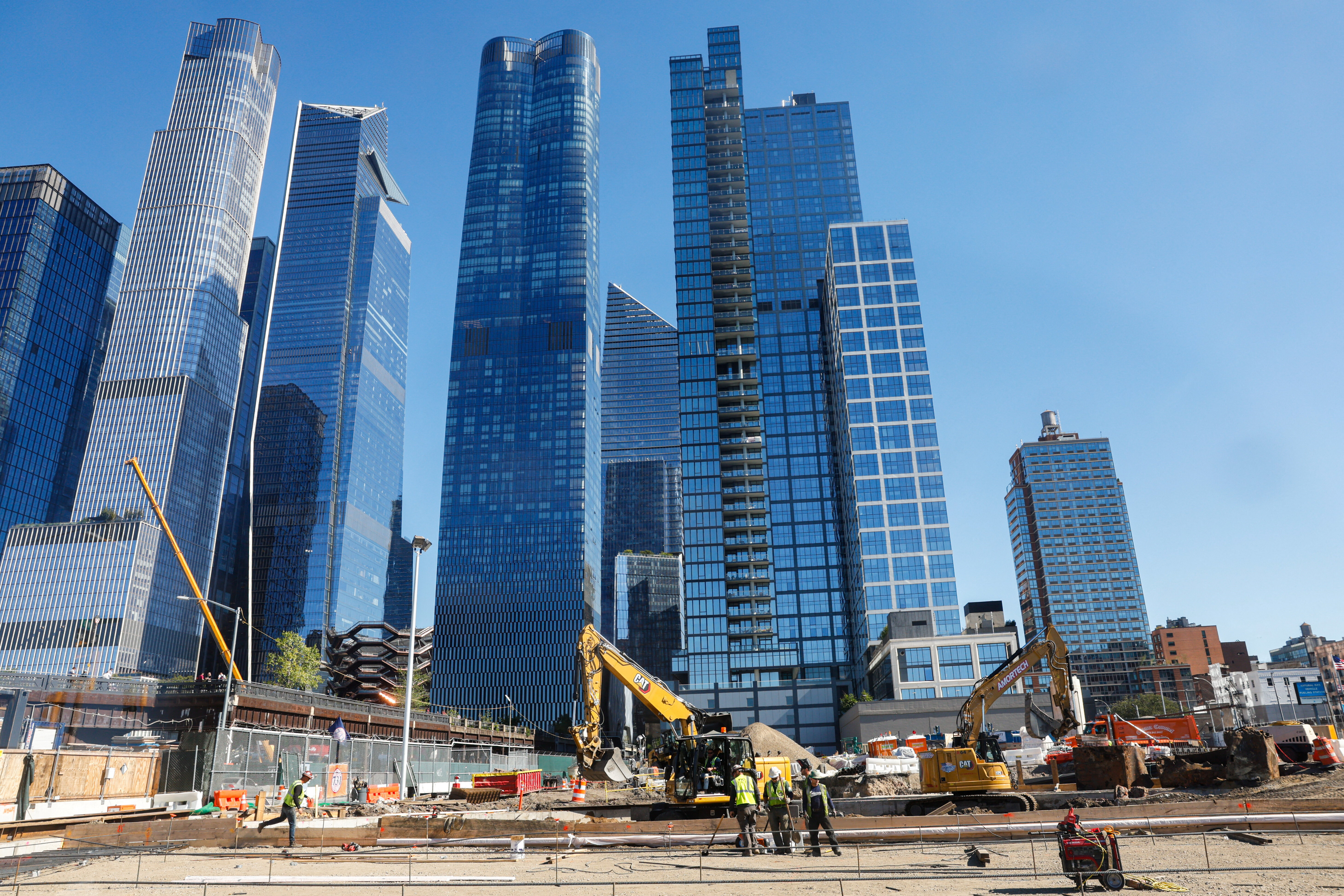Disruption is happening, and we need to move away from job retraining towards job rethinking

The strength of cities comes from the people that live in them. Image: REUTERS/Robert Galbraith
Fundamental shifts in society are upending the current nature of work. With automation and artificial intelligence already permeating nearly every sector of the economy, disruption is happening at an accelerated pace.
Our recent presidential election made clear that workforce shifts are felt by a broad swath of the American public. People are looking to elected officials at every level of government for a new response to these changes.
We have to move the policy discussion away from job retraining towards job rethinking.
The National League of Cities newest report, The Future of Work in Cities, examines the rapid changes happening in the workforce. Here are 8 suggestions from that report on how city leaders — the most responsive level of government — can approach the rapidly shifting future of work.
Rethink education and workforce training programs.
The strength of cities comes from the people that live in them. As cities prepare for the future of work, they must address talent development by collaborating with business leaders, educational institutions, and community-based organizations to ensure education and training programs match workforce needs.
Update policies to reflect the changing composition of the workforce.
Tomorrow's workforce will be significantly more diverse. Women will continue to make up a larger portion of the workforce, and the racial and ethnic makeup of the workforce will change. The workforce is also getting older as many delay retirement, while younger people delay working. These changes shift the fundamental needs of employees, and subsequently, the way employers should respond . Flexibility will be critical.
Support entrepreneurs and startups as a core workforce development strategy.
Innovation is the lifeblood of city economic growth. Local leaders need to create a strong startup culture through low tax and regulatory barriers, and strong regional networks with access to capital that allow startups to scale. As cities continue to lower barriers of entry for small businesses and support local startups, innovation will flourish.
Build equitable business development programs.
Equity is critical to building a strong workforce. Policies that promote equity in areas such as health and education often have positive effects on economic growth. Likewise, policies that address marginalized groups reduce political conflict and strengthen public institutions and social organizations, feeding into a virtuous cycle of growth.
Invest in digital and physical infrastructure that supports the workforce of tomorrow.
Investment in reliable, high-speed internet and expanded broadband services is critical to supporting a competitive workforce. In addition to digital infrastructure, cities must also invest in roads, bridges and transit systems.
In cities, people like to walk, bike, and take public transit, while single occupancy vehicle use continues to decline. This preference, combined with a move toward autonomous vehicles, means that cities will need to rethink investment priorities while considering new uses for car-oriented infrastructure like parking garages.
Ensure access to paid leave for families.
The United States is one of few developed countries that doesn't offer some type of guaranteed paid leave for new parents. Yet, companies that offer these policies retain more employees and avoid lengthy talent searches. Cities are leading in this space. The San Francisco Board of Supervisors, for example, mandates six weeks of paid parental leave for workers. This long overdue policy benefits everyone, giving parents the opportunity to maintain their careers, helping organizations retain employees, and bringing stability to the city's workforce and economy.
Consider offering portable benefit systems.
As workers change jobs more frequently and contract work becomes more common, the policy environment around benefits needs to shift. Benefits that once accompanied most employment situations are becoming more elusive, and portable benefits, which are tied to individuals rather than employers, represent one potential solution.
These typically wrap together some form of paid leave, health insurance, worker's compensation/unemployment, and retirement fund matching. Proposals for this type of system vary.
Some suggest that it should be universal and administered by government or a public/private institution created for such a purpose. Others think it should be administered by non-governmental community-based groups. Either way, portable benefits have the potential to support those who work outside the realm of the traditional 9-5 economy.
Explore basic income and other broad-based social support systems.
Basic income, which guarantees every citizen a regular, unconditional sum of money, is gaining support in policy conversations. This is intended to serve the same function as a living wage by bringing all individuals up to an economic baseline. In some ways, this proposal resembles existing welfare systems, with the major exception that the benefit goes to everyone, regardless of age, ability, class status, or participation in the workforce.
Advocates from the tech world tout it as a way to counteract the economic blow of automation replacing jobs currently occupied by humans. Other supporters argue that basic income is more streamlined, efficient, and transparent than current social welfare systems. Finally, there are others who argue that a basic income might allow individuals to pursue more creative, enjoyable interests. A full-scale of examination of the cultural and financial implications of basic income will be key to implementing such a system.
We know that automation and artificial intelligence will have a great impact on the future of work, play, and life. However, we shouldn't jump to the assumption that this will be a net negative.
Despite the evolving nature of the economy, people are still working, the economy is still growing, and indicators show that life has gotten better for the majority of the world's workers. To stay on that path, these and other such ideas should be higher on the agenda of policymakers. Cities are the place where new ideas and opportunities happen first, so we should prepare for the technological shifts to come and usher in a future that works for everyone.
Don't miss any update on this topic
Create a free account and access your personalized content collection with our latest publications and analyses.
License and Republishing
World Economic Forum articles may be republished in accordance with the Creative Commons Attribution-NonCommercial-NoDerivatives 4.0 International Public License, and in accordance with our Terms of Use.
The views expressed in this article are those of the author alone and not the World Economic Forum.
Stay up to date:
Innovation
Related topics:
Forum Stories newsletter
Bringing you weekly curated insights and analysis on the global issues that matter.







